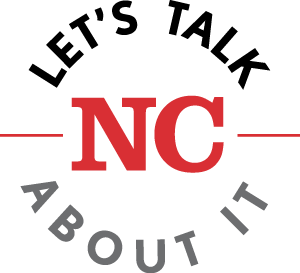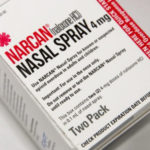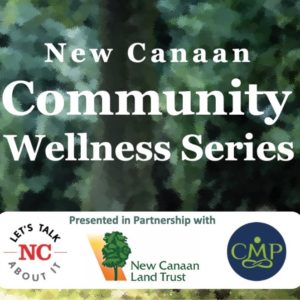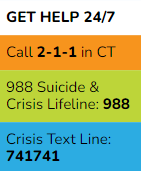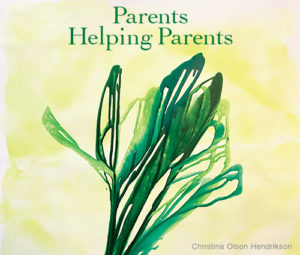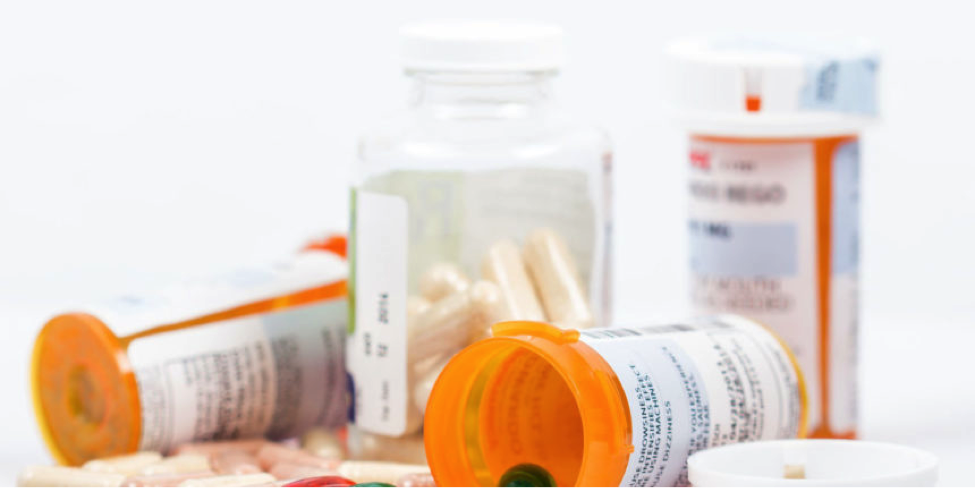
Prescription Drug Misuse and Addiction Treatment
A common misconception is prescription drugs are safer than illegal drugs because they are prescribed by doctors. That is not the case if the drug is misused. Prescription drug misuse is when a person takes a dose other than what is prescribed or takes a medication that is prescribed for someone else. The most commonly abused types of prescription drugs are opioids, benzodiazepines and stimulants. Misusing any type of medication can be dangerous and they all carry a risk of developing dependence or addiction.
Opioids
Common opioids are OxyContin, Percocet and Vicodin. These medications are used to treat pain, but they are highly addictive because they activate the reward centers in the brain that cause euphoria. They are typically prescribed to treat post-surgical pain or cancer-related pain. There is little evidence that opioids are effective for treating chronic pain; in fact they can make the body more sensitive to pain. Prescription opioid misuse is at an all-time high in the U.S., which has led to a heroin epidemic. Heroin is chemically similar to prescription opioids and is cheaper, so people are turning to it when they become dependent or addicted to opioids and can no longer afford the painkillers.
Benzodiazepines
This is a class of drugs used to treat anxiety and panic attacks. Common drugs are Xanax, Klonopin, Ativan and Valium. They are fast-acting medications that calm the body and mind, slow heart rate and cause drowsiness; all of which are helpful for acute anxiety and panic attacks. They are not intended for long-term use as they carry a high risk for tolerance and addiction. When a person develops a tolerance, higher and higher doses are needed to achieve the same therapeutic effect. If a person takes too high of a dose, they can experience extreme drowsiness, lack of coordination, muscle weakness and fainting. An overdose can result in a coma and death, especially when mixed with alcohol or other drugs.
Stimulants
Stimulants, such as Adderall and Ritalin, are commonly prescribed to treat attention deficit hyperactivity disorder (ADHD). These medications are commonly abused by college students because they increase alertness, attention and energy. However, when misused, these drugs can cause side effects, including nervousness, irritability, insomnia, dizziness, paranoia and serious side effects such as cardiovascular problems and psychosis. Stimulants can also make some psychiatric problems worse and can bring out symptoms of an underlying psychiatric disorder.
Preventing Prescription Drug Addiction
The National Institute on Drug Abuse recommends patients do the following in order to prevent dependence or addiction:
- Follow directions on label or from doctor and pharmacist.
- Be aware of interactions with alcohol as well as other prescription and over-the-counter drugs.
- Don’t suddenly stop or change dose without consulting your doctor.
- Don’t take another person’s medicine or give your medicine to others.
- Store opioids, stimulants and benzodiazepines in a secure place where others can’t find them.
- If you are concerned you are developing a tolerance, talk to your doctor.
Treatment
Prescription drug addiction is treated just like any other addiction. A person must first undergo a detoxification process to rid the body of the substance(s). It is safest to do this under medical supervision in an addiction treatment facility so withdrawal symptoms can be safely managed. Following detoxification, treatment usually consists of psychotherapy (individual and group), dialectical behavioral therapy, medication (when needed), 12-step programs, support groups, intensive outpatient programs and other recovery support services. In order to maintain sobriety, it’s important to address and treat any co-occurring psychiatric disorder(s) as well. Learn more about the inpatient, residential, outpatient and intensive outpatient addiction treatment programs at Silver Hill Hospital and view our treatment outcomes.
